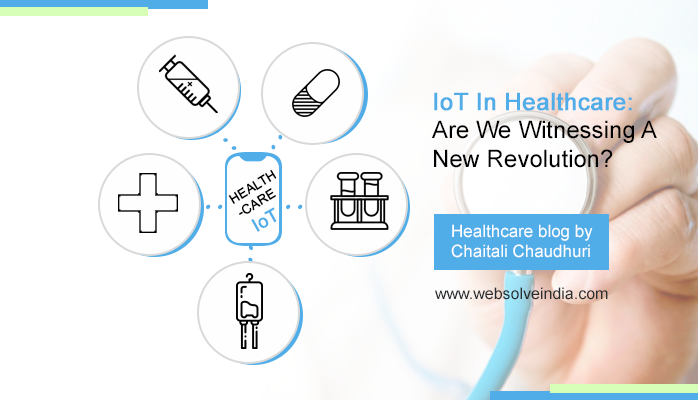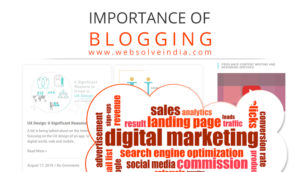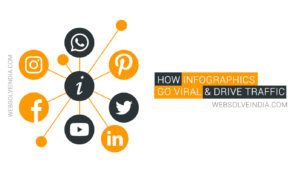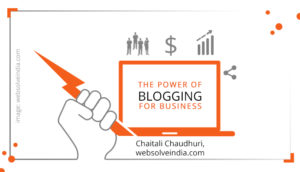The power of the Internet is enormous. It has managed to seep through every industry, every household and every individual’s phone today. And it hasn’t stopped there. It continues to bring in technological revolutions for the benefit of all. IoT, short for Internet of Things, is one such technology’s gift to mankind.
IoT In Healthcare: Boon For Patients And Medical Fraternity Alike
Before we proceed to its invaluable contribution to the medical sector, let’s quickly understand what IoT is. In simple words, IoT enables everyday objects like alarm clocks, speakers, security systems, and even lights, to connect with the internet. Therefore, you may remotely monitor and control these devices as an user via the internet to perform tasks otherwise done manually.
In the healthcare sector, IoT technology enables physicians to remotely monitor patients’ health. The doctors can then take relevant decisions on the line of treatment to follow without the need to necessarily meet the patient in person. So, could it get better than this?
Fitbit: A Revolutionary Blessing
IoT-enabled wearable devices like Fitbits make this possible in the simplest and most efficient manner. They keep a check on what you eat/drink and how much your body exactly need to stay fit. Besides that, Fitbits will keep a tab on the number of steps you walk per day, prompting you to reach a set bar.
On your next follow-up visit, all you need to do is just show your Fitbit to your doc. Subsequently, they’ll be able to collect and read the data on the device since your last follow-up. Blood pressure, sugar level, pulse rate, dietary habits, exercise regime – all your information accurately collected and maintained automatically.
Not just that, IoT enabled devices can actually enable physicians to keep real-time checks on their patients as well. Besides, they can guide them then and there on where they’re going wrong and how to do things right. /
Challenges Of IoT In Healthcare
IoT in healthcare undoubtedly has immense proven benefits. However, the technology faces a couple of crucial challenges as well:
- Vulnerability To Hackers:
As all staff in the medical fraternity continue to use the devices, they become increasingly vulnerable for hack attacks too. Besides, hackers can easily infiltrate the database of a healthcare unit and get access to its most valuable records via the internet. - Integration Of Data From Multiple Devices:
Patients are likely to use multiple IoT-enabled devices to track and collect real-time health data. Integrating data from all these multiple devices and presenting it to the physician can become a challenge. Besides that, various devices can be interconnected over the internet. However, their communication protocol may be different, therefore hindering data compilation. - High Cost : :
All said and done, IoT has not made healthcare that affordable for a common man yet.
Future Scope Of IoT In Healthcare
IoT-enabled devices are becoming more popular and convenient to use for patients and physicians. Hence, the future of IoT seems quite bright. If continued to be used effectively, IoT can prove to be highly beneficial in providing superlative care to patients’ right in the comfort of their house.



